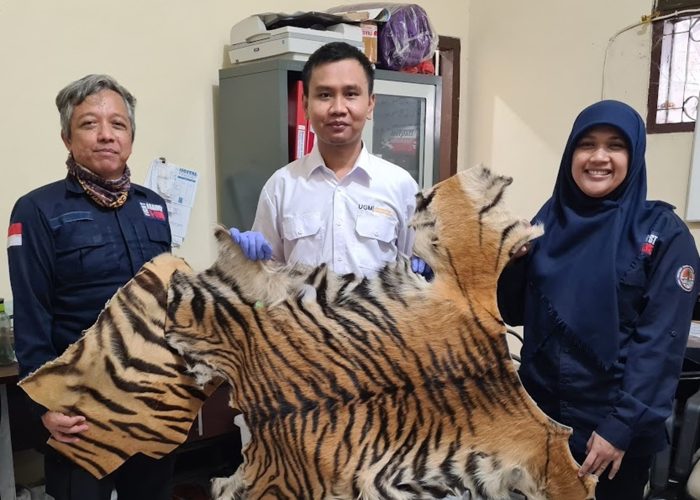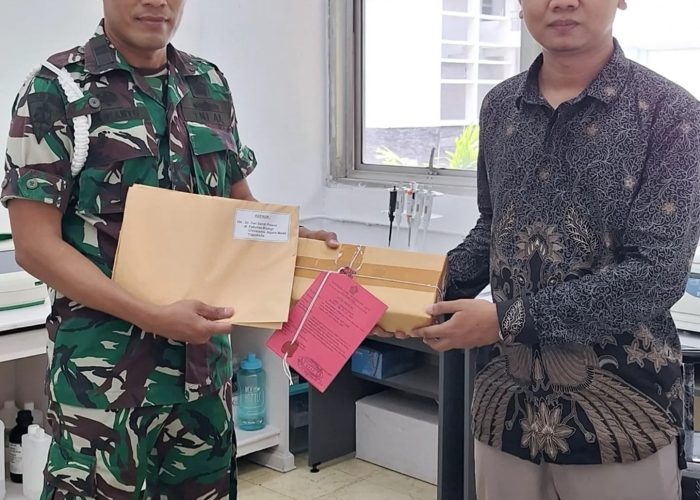Yogyakarta – Dr. Dwi Sendi Priyono, a lecturer from the Faculty of Biology at Universitas Gadjah Mada (UGM), has made a significant contribution by becoming the first and only full member from Indonesia in the Society for Wildlife Forensic Science (SWFS). SWFS is an international organization dedicated to supporting and promoting wildlife forensic science and providing competency certification for wildlife forensic scientists. Dr. Sendi is also certified in Wildlife Forensic Testing (https://www.wildlifeforensicscience.org/swfs-membership-2/?paged=22).
Indonesia is known for its rich biodiversity, unfortunately it faces serious challenges in wildlife crime. The absence of a full member from Indonesia in SWFS was previously a concern, given the urgency in addressing wildlife crime cases that frequently occur in the country. Dr. Dwi Sendi Priyono, who also serves as the Head of the Animal Systematics Laboratory in the Tropical Biology Department at UGM, has significantly contributed to various wildlife forensic cases in Indonesia. He has assisted in forensic DNA testing in multiple cases, including suspected illegal trade of rare animal body parts such as tigers, elephants, orangutans, and Komodo dragons. Among his notable contributions are DNA testing on suspected dugong bones by the Indonesian Navy’s Main Base, DNA testing of Komodo dragon samples by the East Java Regional Police, and training on wildlife DNA forensics held in various locations across Indonesia.
Dr. Dwi Sendi Priyono’s achievement as a full member of SWFS is also highly relevant to the efforts towards achieving the Sustainable Development Goals (SDGs), particularly Goal 15, “Protect, Restore, and Promote Sustainable Use of Terrestrial Ecosystems.” His expertise in wildlife forensics supports the conservation of endangered species and the prevention of wildlife crimes, which are crucial elements for global biodiversity conservation.
It hoped that this accomplishment will pave the way for more scientists from Indonesia to participate in international organizations like SWFS and enhance collective efforts to combat wildlife crime at both the national and global levels.


